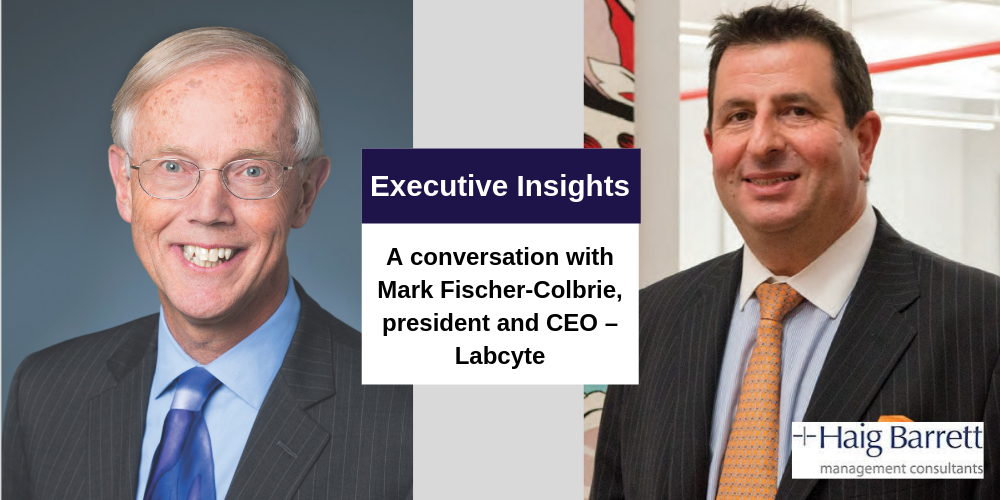
The synthetic biology field has the power to revolutionize many industries including chemicals, food, material science, molecular biology, pharmaceuticals, biotherapeutics, and many others.
Synthetic biology has come a long way, and the very cost-effective ability to read and write DNA has allowed scientists in the sector to develop and test many more scenarios than previously possible. However, now the challenge is to be able to manage the flow of experiments in the laboratory effectively. Labcyte is unquestionably the leader in laboratory liquid handling. I had the opportunity to talk with Mark Fischer-Colbrie, president and CEO of Labcyte to get his perspectives on some of the opportunities and challenges he sees as the application of synthetic biology grows for the discovery, development, and manufacturing of therapeutics.
Are there challenges or bottlenecks within the synthetic biology stack?
Mark Fischer-Colbrie: Increasing the speed and efficiency of the Design-Build-Test-Learn pipeline is an ongoing challenge in the synthetic biology community. The reduction in DNA synthesis costs seen over the last few years has had a dramatic impact but using our acoustic liquid handlers has demonstrated further step-change improvements in multiple areas. DNA assembly reaction volumes can be reduced by up to 100-fold and can be assembled in a fraction of the time versus conventional methods using pipet-based liquid handling. This not only results in significant cost and time savings but enables projects that were previously considered impractical.
After a gene sequence has been assembled, the sequence must then be validated or verified using a sequencing device—typically an Illumina HiSeq or NovaSeq. Conventional pipette-based liquid handling processes are very slow, cumbersome, prone to cross-contamination, and extremely expensive. Our systems can impact this test phase in much the same way as the build phase; again, delivering dramatic cost savings through miniaturization and accelerating workflows via rapid any-well to any-well transfers (commonly called “cherry picking’).
Acoustic liquid handling uses sound waves to eject precisely-sized droplets from the source plate onto the destination plate suspended above it. It can transfer liquids with extreme precision, down to one billionth of a liter, and eliminates contamination that results from liquids coming in contact with various surfaces.
The unique attributes of acoustic liquid handling allow scientists to reduce gene assembly time from eighteen hours to three hours. Then, when validating the sequence, less volume of the expensive chemistry is required. You can now validate one hundred genes for the previous cost of validating one gene. The industry can then efficiently manage the vast number of experiments necessary for synthetic biology development work.
What challenges do you see as synthetic biology continues to enable the development of novel therapeutics?
Fischer-Colbrie: We’re now utilizing automation to run huge numbers of increasingly sophisticated experiments very quickly. You must track and record everything, including complex material transfers and, certainly, the results of experiments. This generates a massive amount of data that has to be managed and controlled, and we’re seeing software companies working to keep pace. That said, workflows, processes, and enabling software solutions are coming together. I don’t see any real showstoppers.
What therapeutic developments do you see possible in the near and longer terms?
Fischer-Colbrie: With the ability to completely reengineer workflows to deliver results much more rapidly and extremely consistently, we have the capability to more consistently deliver the proteins needed for drug discovery work. I think this will vastly improve the science; therefore, it has a real chance to accelerate drug development efforts.
About Mark Fischer-Colbrie
Mark Fischer-Colbrie, president and CEO – Labcyte – Mr. Fischer-Colbrie became president and CEO of Labcyte in September 2008. He has more than 30 years of experience in launching novel diagnostics, medical devices, therapeutics and high technology for growth companies, building from start-up through IPO and into high revenue levels. Mark holds a B.A. from Stanford University and an M.B.A. in Marketing and Finance from the University of California at Berkeley.
